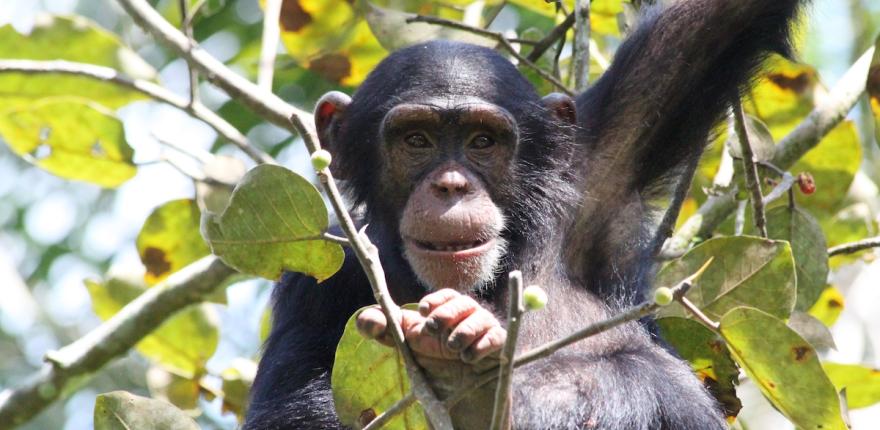Course length
10 months, full-time
Assessment
5 x assignments
Research Skills
Dissertation of up to 20,000 words
Department of Archaeology

Are you interested in exploring our evolutionary past?
The MPhil in Human Evolutionary Studies is an interdisciplinary course lasting ten months, which allows students to form and follow their own area of interest in the field, complemented by training across the broad discipline of Biological Anthropology.
Whereas the thematically-related MPhil in Biological Anthropological Science is a research MPhil, Human-Evolutionary Studies is a taught MPhil. Students are required to take core papers in human evolution, human behavioural ecology, human biology and quantitative methods. You are also encouraged to sit in on one-term papers most relevant to your interests. These vary from year to year, but generally include specialist topics in the fields of palaeoanthropology, cultural evolution, evolutionary genetics, human behavioural ecology, evolutionary psychology, primatology, human biology and osteology, and evolutionary medicine.

Teaching on the course covers:
This unique combination is taught through a demanding programme of courses, statistical training, communication, and research training, as well as writing a dissertation. Students eager to develop their analytical and research skills are welcomed on the course from a range of disciplines.
The course is primarily for students who are prepared for graduate work yet do not have enough relevant education to be considered for the research MPhil or research work. This MPhil gives you the opportunity to gain specialist knowledge of human evolutionary studies within a condensed time frame.
Experience in Biological anthropology is not a prerequisite for the course, however an understanding of evolution is beneficial.

You are required to submit the following five assignments across the year, which altogether count for 50% of the overall assessment. You take the following modules:
For each of these, you are given the choice between 3 essay topics.
You then take the fourth assignment, a quantitative exercise for this module:
This is followed by a scientific communication essay, usually within the remit of B2-4, in the style of a Nature ‘News and Views’ piece, balancing the tone between public science and academic writing.
You are also encouraged to take any of the following one-term papers (B12-17), which you have a particular interest in or which may be relevant to your dissertation:
The dissertation accounts for the remaining 50% of the overall module grading and can be up to 20,000 words. There is the option of writing in a paper style, with which you can seek publication.

The MPhil in Human Evolutionary Studies aims to:


Dr Mark Dyble is the co-ordinator for this MPhil option. Please get in touch for further information.